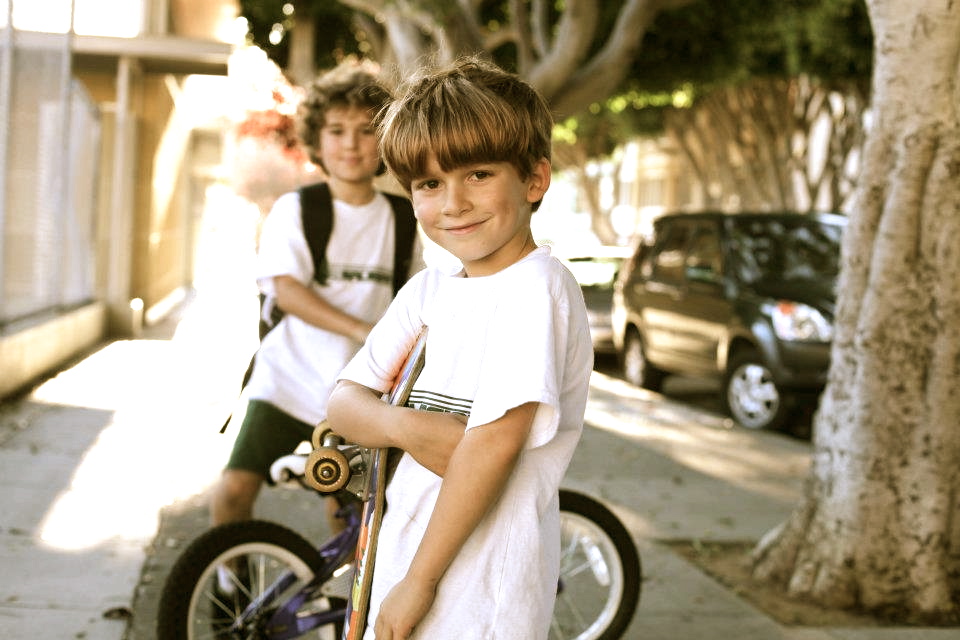
be friends
Be Friends is a friendship skills and social emotional learning class series developed by a child adolescent psychologist and taught by specialists and therapists. Register and learn more about Be Friends.
Friendship skills and social emotional learning are important for:
- coping and resilience
- school success
- confidence and leadership
- well-being and good health
Groups are:
- designed for children ages 4 – 9 years (preschoolers to pre-teens)
- lightly structured and playful
- tailored and small with 4 – 6 participants
Classes meet:
- weekly
- Monday through Saturday
- January through December
Be Friends is a social emotional class. It is not a clinical service or group therapy. Classes meet throughout the year (including summer) but we take breaks and do not usually meet during school holidays.
Register for Be Friends and learn more.
Please inquire about class fees. Fees are subject to change. Scholarships are available for families with financial hardship.
Taught by skilled therapists, Be Friends is a good fit for children with mild to moderate issues, average and above verbal abilities, without severe behavioral emotional difficulties.
Q + A
What are social emotional skills?
Social skills are essential for relationships. They are the rules and tools we use to understand, relate, communicate, and interact with one another. Social emotional skills can be taught and improved upon.
Who is Be Friends for?
Our philosophy is that all children benefit from the opportunity to learn friendship/relationship building skills, coping tools, emotional regulation, empathy, interpersonal communication skills and confidence which are psychological building blocks.
Be Friends is particularly helpful for kids who display shyness, quirkiness, emotional regulation difficulties, inflexibility, or who misread social cues. Groups are pre-arranged based on age and strengths.
Do you work with children or teens on the Autism Spectrum?
Yes. Some of our groups are designed for participants who are on the Autism Spectrum (level 1). We specialize in providing creative interventions for individuals with high functioning Autism and or who are twice exceptional. Neurotypical peers join in and participate in our social emotional classes.
Do you have a fixed curriculum?
We are continually finessing and refreshing our emerging curriculum and have an eclectic approach. Evidence-based curricula inform our knowledge and programming (e.g., Second Step, PEERS). In our class sessions, we engage in play, acting, role-plays, interactive games, media learning, discussion, and story telling. Each class is tailored to the needs of our participants.
Be Friends Bunches
The Be Friends bunches each build on a distinct set of skills.
PONDER emphasizes social awareness and perspective taking skills. Designed for individuals with high functioning ASD.
PEER promotes skills for friendship building and fun and ease playing and interacting with peers and siblings.
POLITELY encourages everyday social graces as well as honing the skills learned in PEER.
PONDER bunch
Think Social
- body awareness
- voice volume
- bullying
- interrupting
- calming tools
- flexibility
- expressing feelings
- hygiene + grooming
- joining in play
- personal space
- requesting attention
- showing affection
- sportsmanship
- trading information
- taking turns
PEER bunch
Build Friendships
- assertiveness
- active listening
- body awareness
- apologies + forgiveness
- encouraging others
- conflict resolution
- problem solving
- teasing + bullying
- disagreements
- flexibility
- greetings + goodbyes
- perspective taking
- peer pressure
- relational aggression
- managing feelings
POLITELY bunch
Finessing Manners and Leadership Skills
- accepting differences
- cultures + customs
- parties + playdates
- conflict resolution
- disabilities awareness
- giving and receiving gifts
- introductions
- table manners
- interviews
- dining out
- respecting elders
- sleepovers and camps